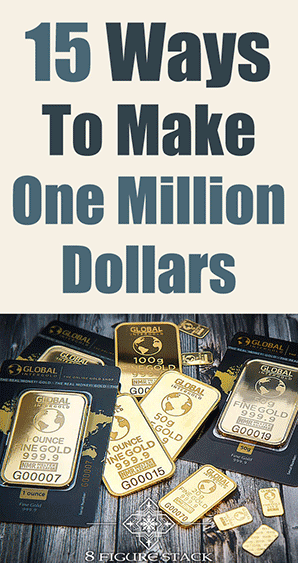Alchemy - The Eternal Quest for Gold
Share this page:
Gold as a form of currency has made and broken nations as well as created or destroyed the worst and the best of men. It is due to man’s desire for wealth that many intrepid individuals tried their luck prospecting for gold. Prior to this however, the search for gold to feed hungry stomachs or to fill the coffers of corrupt monarchs took on a semi-mystical, semi-scientific approach. The desire for gold led many people to attempt to devise methods that would turn metals of a lesser value into gold. From this idea sprung a practice, both spiritual and scientific that blended mysticism and science now known as alchemy.
The origins of alchemy are steeped in mystery, although many occultists and modern-day practicing alchemists attribute the origin of alchemy to the hotbed of all ancient mysteries – Egypt. It is said that the word alchemy originated from the Persian or Arabic word al-kemet meaning ‘the Black Art’, although this is widely disputed by many scholars as unfounded, being that the Persian word kemet or kimia meant ‘chemisty’. In Western cultures, alchemy is considered a protoscience that was the forerunner of modern day chemistry. Many of the methods and ideas practiced by modern chemists today can be attributed to the pioneering efforts of antiquated alchemists whose chief aim was mainly spiritual and only slightly material in retrospect. The material pursuits of alchemists, more so than their philosophical and spiritual aims are more widely known to the modern world. One of the most notorious of alchemical pursuits was in finding the method that would allow them to turn base metals of a lesser value such as lead or copper into more prized noble metals such as gold or silver.[1] A similar esoteric practice performed by more ‘serious’ alchemists was the quest for the legendary ‘Philosopher’s Stone’, a magical element or compound that would confer to the bearer the ability to transmute metals into gold and to extend their lifespan interminably.
While these pursuits may seem fanciful to this day, many modern chemical discoveries were actually commonplace in a typical alchemical laboratory. Both modern medicine and modern chemistry owe a debt of gratitude to Western and Eastern alchemists who pioneered methods of metallic extraction, purification, refinement, and alloying. In their pursuit for gold, alchemists developed methods of refining and extracting metals from ores. While they failed in finding anything resembling a ‘Philosopher’s Stone’ physically, they succeeded in developing scientific methods that is still employed by metallurgists and chemists today. The alchemical question for gold also ushered a drive of intellectuals who have tried one way or the other to manipulate metals into emulating the looks, if not the properties of gold.
The alchemical golden quest was highly attested that during the Middle Ages many supposed alchemists were arrested or imprisoned until they spilled out their trade secrets. Some alchemists did manage to ‘transmute’ base metals into gold, but this was usually a hoax elicited through the use of some agent or other that changed the color, but not the properties of the base metal itself. The alchemical quest for gold was not driven solely by financial want however, as many ‘serious’ alchemists pursued their craft as a spiritual path to enlightenment, with ‘gold’ symbolizing the oneness of the mundane with the divine that the alchemists idealized. Today, alchemy is still practiced by many adherents, although for purely recreational, philosophical, and spiritual reasons. Then of course, there’s still the lure of turning anything into gold to tempt one into trying their hand at alchemy!

Disclaimer - None of the contents of www.coinandbullionpages.com ("this website") are recommendations to buy or sell. While every care was taken in the preparation of this website and its contents, no guarantee is made as to the suitability of this website for any purpose whatsoever, nor of the accuracy, timeliness or usefulness of its information. This website is provided for general information and entertainment purposes only and the information provided on this web site should not be seen as, nor as a substitute for, legal, business or investment advice. The website's owner specifically disclaims any and all liability arising in conjunction with the use of the materials / information herein.



